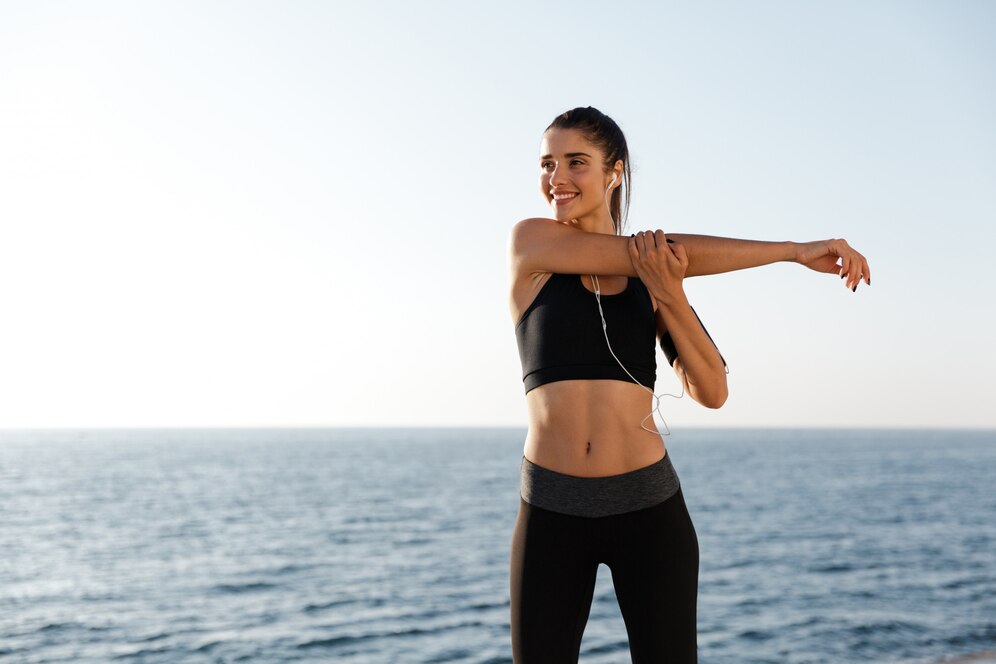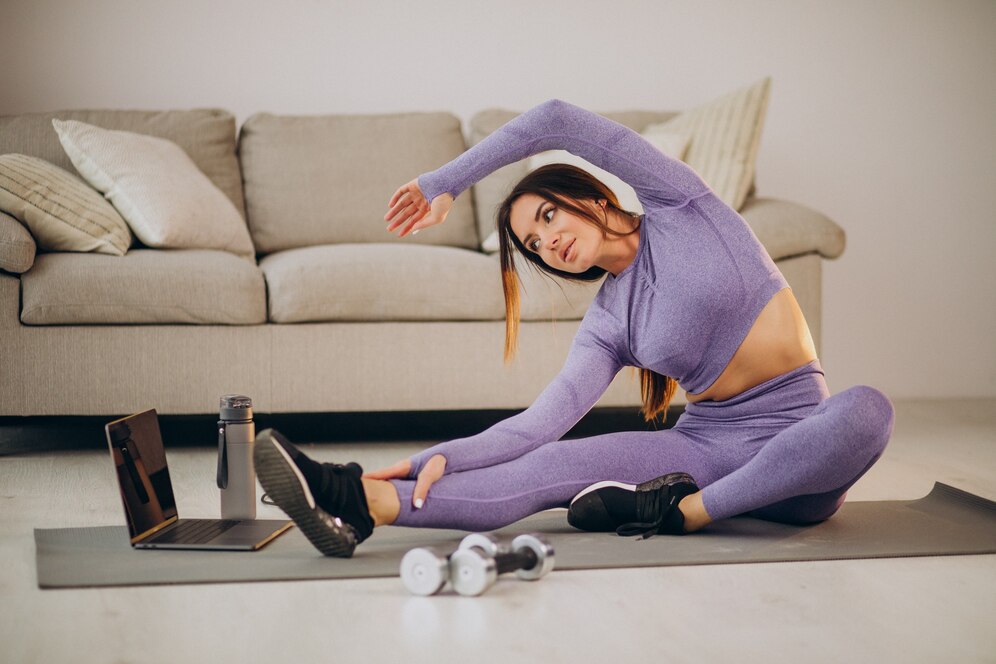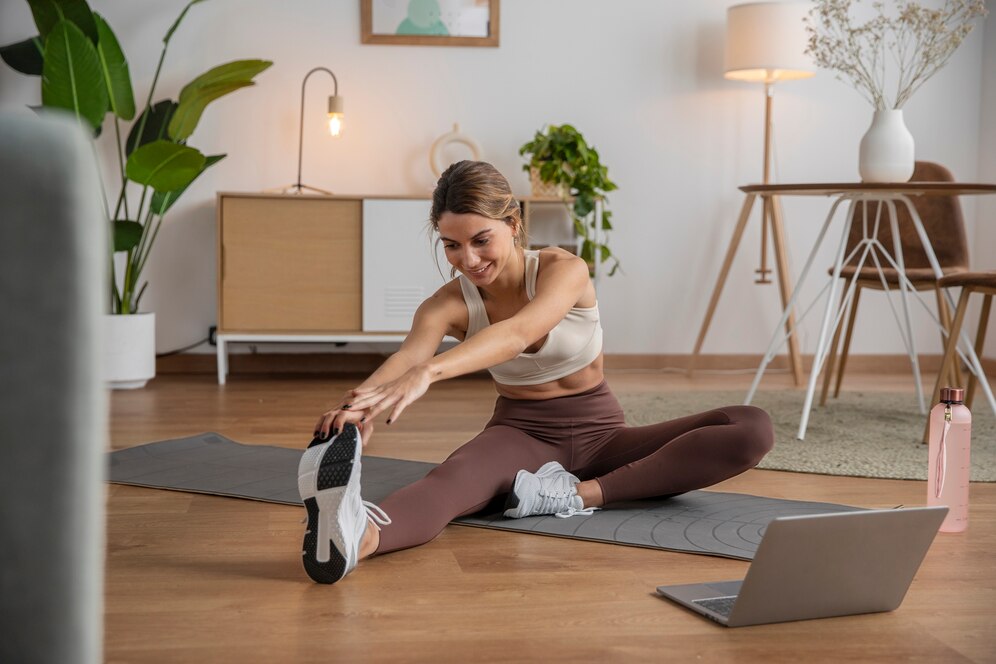Table of contents
In the ever-evolving world of fitness and wellness, recovery is just as important as the workout itself. From traditional methods like stretching and massages to more modern approaches such as cryotherapy, athletes and casual fitness enthusiasts are constantly looking for ways to optimize recovery. Recently, the combination of CBD and Exercise has become a hot topic in the wellness community.
This blog post explores how CBD and Exercise can work together to enhance recovery, comparing CBD’s benefits with other popular recovery techniques.
What is CBD?

CBD, short for cannabidiol, is a natural compound extracted from the hemp plant. Unlike THC, CBD does not produce psychoactive effects. Instead, it is known for its potential anti-inflammatory, pain-relieving, and calming properties. These traits have made CBD a sought-after option among those looking to boost recovery and promote overall wellness.
Why Recovery Matters in Exercise
Proper recovery is crucial for:
- Muscle repair
- Reducing soreness
- Preventing injuries
- Maintaining optimal performance
- Improving overall mental and physical well-being
Without proper recovery, athletes risk overtraining, burnout, and chronic injuries. Thus, incorporating effective recovery methods is key for long-term success.
How CBD Supports Exercise Recovery

When it comes to CBD and Exercise, CBD may assist the recovery process in several important ways:
1. Reducing Inflammation
After intense workouts, muscles experience microscopic tears, leading to inflammation. CBD’s anti-inflammatory properties may help reduce swelling and promote faster healing.
2. Managing Pain
CBD interacts with the body’s endocannabinoid system (ECS) to potentially help regulate pain perception, offering a natural alternative to NSAIDs and prescription painkillers.
3. Improving Sleep
Quality sleep is a cornerstone of effective recovery. CBD may enhance sleep quality by promoting relaxation and reducing anxiety, allowing the body to repair itself more efficiently.
4. Lowering Stress and Anxiety
CBD’s calming effects may help lower cortisol levels, the body’s primary stress hormone, leading to improved mental recovery and reduced workout-related anxiety.
Comparing CBD to Other Recovery Methods
Let’s take a closer look at how CBD and Exercise benefits compare to other popular recovery methods:
| Recovery Method | Key Benefits | How It Compares to CBD |
|---|---|---|
| Stretching | Improves flexibility, reduces stiffness | CBD complements stretching by reducing underlying inflammation |
| Massage Therapy | Relieves muscle tension, improves blood flow | CBD can enhance effects when used in massage oils |
| Cryotherapy | Reduces inflammation, numbs soreness | CBD offers similar anti-inflammatory effects without extreme cold exposure |
| Foam Rolling | Breaks up muscle knots, improves mobility | CBD can reduce discomfort during and after foam rolling |
| Over-the-Counter Pain Relievers | Eases muscle soreness | CBD provides a natural alternative without the side effects of NSAIDs |
CBD may not fully replace traditional recovery methods, but it can enhance them or offer a more natural, accessible alternative.
Best Practices for Using CBD in Exercise Recovery
If you’re considering incorporating CBD and Exercise into your routine, follow these tips:
- Choose High-Quality CBD Products: Look for third-party tested, organic options.
- Start Small: Begin with a low dose and monitor how your body responds.
- Be Consistent: Use CBD regularly for the best cumulative effects.
- Combine CBD with Traditional Recovery Methods: Don’t rely solely on CBD — integrate it with stretching, hydration, and rest.
FAQs About CBD and Exercise
Yes, CBD’s anti-inflammatory properties may help reduce muscle soreness and speed up recovery.
It depends on your goals. Pre-workout use may reduce anxiety, while post-workout use may enhance recovery.
CBD offers a more convenient and potentially more comfortable alternative to ice baths, but some athletes still prefer combining both.
Absolutely. CBD complements methods like stretching, massages, and foam rolling rather than replacing them.
CBD is generally well-tolerated, but possible side effects include fatigue, changes in appetite, or digestive discomfort. Always start with a low dose.
Final Thoughts
The synergy between CBD and Exercise presents an exciting opportunity for those seeking natural, effective recovery solutions. Whether used alone or alongside traditional recovery methods, CBD may offer meaningful benefits like reduced inflammation, pain management, and better sleep. As with any supplement, it’s important to use CBD mindfully and consult with a healthcare provider if needed.
Recovery is personal, and by exploring options like CBD, you can find the best path to support your body and your fitness goals.





